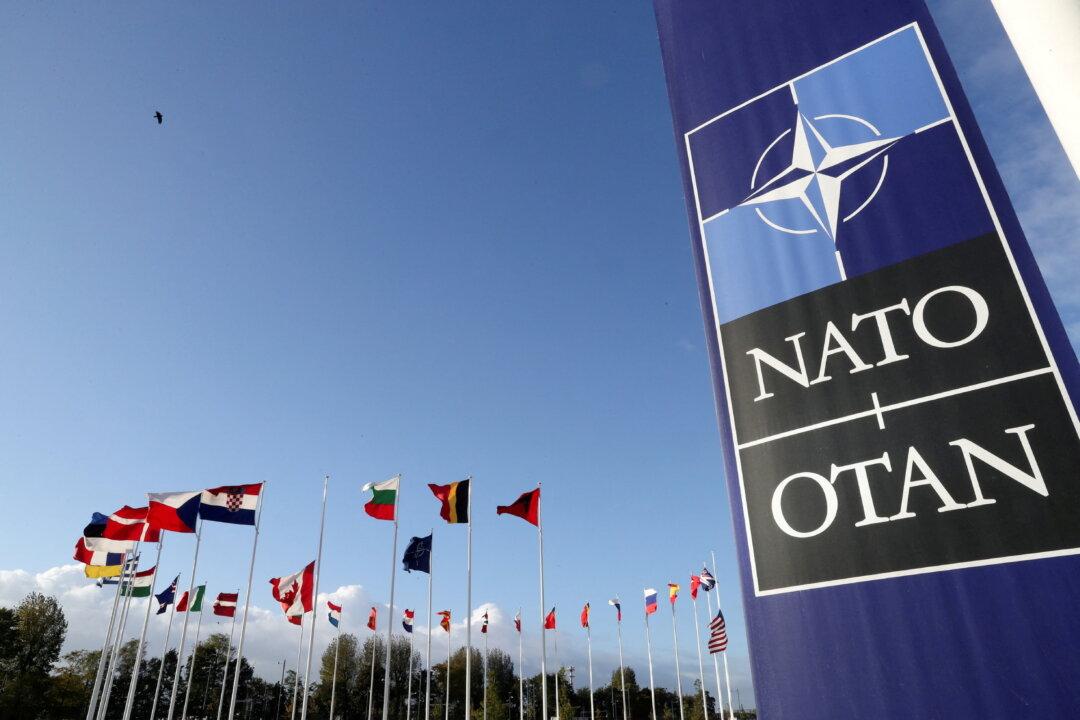New Zealand is moving toward closer ties with NATO after the New Zealand (NZ) Minister of Foreign Affairs, Nanaia Mahuta, announced she would be attending a session of the NATO Foreign Ministers Meeting in Brussels.
NZ has a long-standing partnership of 25 years with NATO and has supported various NATO-led efforts, including in Afghanistan, between 2001-2021.




